Undecided voters face tough choices in US election 2024
- Update Time : Saturday, October 12, 2024
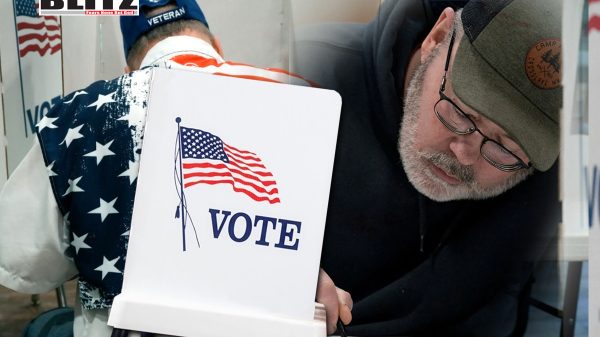
As the United States inches closer to one of the most contentious presidential elections in recent history, the focus has increasingly turned to the undecided voters. Though a vast majority of Americans have already made their choice between the two major contenders-former President Donald Trump and Vice President Kamala Harris-a small but crucial segment of voters remains uncertain about which way to lean. These undecided voters, especially those in key battleground states, may ultimately tip the scales in what is shaping up to be a knife-edge election.
Despite widespread polarization, this sliver of the electorate grapples with complex, and sometimes contradictory, concerns. They find themselves balancing their economic interests, moral convictions, and concerns over leadership temperament as they try to make sense of the political landscape. This indecision reflects a broader dissatisfaction with both major candidates, leading many to view the upcoming election as a choice between “someone they don’t like and someone they don’t know very well.”
Rich Thau, head of the consultancy firm Engagious, has been at the forefront of understanding this undecided voter bloc. His team has conducted focus groups in the seven battleground states likely to determine the outcome of this election: Pennsylvania, Michigan, Wisconsin, North Carolina, Georgia, Arizona, and Nevada. These focus groups consist of swing voters-individuals who backed Trump in 2016 but shifted to support Democrat Joe Biden in 2020.
For these voters, their indecision often stems from a deep frustration with both Trump and Harris. They express concern over Trump’s temperament, fearing his return to power could reignite divisive rhetoric and retaliation against perceived enemies. Simultaneously, many feel they do not know enough about Harris, who only recently ascended to the top of the Democratic ticket following Biden’s unexpected withdrawal. Rich Thau sums it up best: “They’re forced to choose between someone they don’t like and someone they don’t know very well.”
Lisa, a 55-year-old insurance broker participating in a Pennsylvania focus group, personifies the difficulty many swing voters face. She has reservations about Trump’s character, particularly his tendency to hold grudges and retaliate against opponents. For Lisa, the fear that Trump would “spawn hatred again and negativity against different populations, racism, certain religious groups” is a significant concern. Yet, she admits that she trusted him more on economic issues during his presidency. Like many, Lisa acknowledges that the economy seemed more stable under Trump’s administration, and this economic appeal cannot be ignored, even as she grapples with moral reservations about his leadership.
Trump’s brash, often unpredictable behavior has alienated other swing voters as well. Bob, a 45-year-old from Pennsylvania, shared his concerns about Trump’s capacity for rational decision-making, labeling him as someone who “can be very irrational at times with his speech, with his positions, with his actions.” Bob’s concerns are echoed by other undecided voters who fear Trump’s temperament could undermine his policies, particularly when it comes to foreign affairs or domestic crises.
If many swing voters express distrust in Trump’s leadership, their concerns about Kamala Harris stem from her perceived lack of experience and the unusual circumstances surrounding her candidacy. Harris entered the race after Biden withdrew in July, a decision that sent shockwaves through the political landscape. For voters like Greg, a 47-year-old participant in the focus groups, this transition was problematic. “She was not voted by her constituents to be the president of the United States for the Democratic Party. She was put in that position and that’s very undemocratic,” Greg said. His sentiment underscores a key criticism-Harris did not rise through the traditional primary process, which leaves some questioning her legitimacy as a candidate.
Moreover, despite Harris serving as vice president for over three years, many undecided voters still feel like they don’t know who she truly is. “I don’t know where she stands on anything truly deep down,” Bob remarked, reflecting a common frustration. He acknowledged Harris’s accomplishments as a prosecutor and attorney general of California but struggled to see how these roles translate to national leadership. This perception of Harris as an unknown quantity has left many swing voters hesitant to fully commit to her.
While swing voters remain divided on which candidate to support, their decision-making processes often revolve around key issues like abortion and climate change. Glenda, a 41-year-old participant, expressed support for Harris’s stance on abortion rights, a factor that makes her lean toward the Democratic ticket. However, she remains cautious, wondering whether Harris will “keep her promises” and “stand firm” on the issues that matter most to her.
For others, like Lisa, abortion is a deeply personal issue that complicates their decision. As someone with strong religious beliefs, she struggles to reconcile her personal values with Harris’s pro-choice stance. This conflict adds yet another layer of complexity for voters who find themselves weighing their moral values against their concerns over Trump’s temperament or economic policies.
Meanwhile, the environment emerges as a crucial issue for some undecided voters. Glenda expressed real concerns about Trump’s approach to climate change, recalling his dismissal of the issue as a “myth” during his presidency. For voters like her, Trump’s environmental policies could be a dealbreaker, even if they feel uncertain about Harris’s overall qualifications.
For many of these undecided voters, the 2024 election feels like a missed opportunity to support candidates who better reflect their values and interests. Lisa expressed frustration over the current options, lamenting that the country could “do better” in terms of leadership. This sentiment is not unique-many swing voters wish they were presented with candidates who offered a clearer vision for the future and stronger leadership qualities.
As the election looms ever closer, the tiny percentage of undecided voters in key swing states will become even more critical. Whether they lean toward Trump, whose economic policies they may trust but whose temperament they fear, or Harris, whose qualifications they question but who offers a platform more aligned with their values on issues like climate change and abortion, their votes may ultimately decide the outcome of the 2024 presidential race.


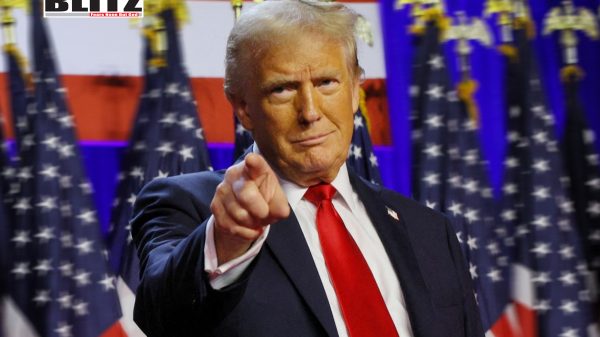
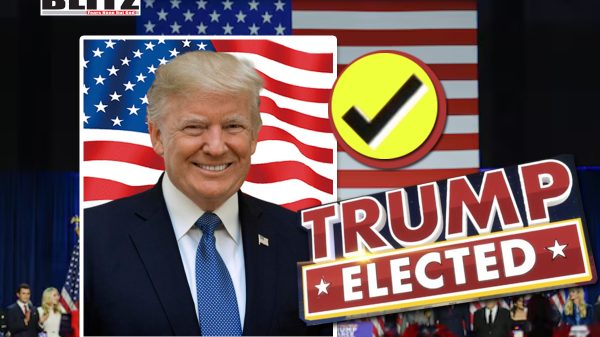

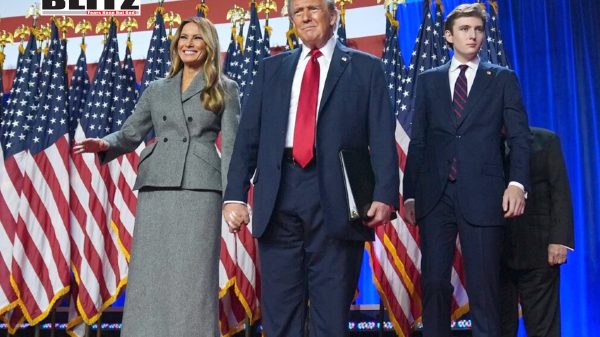
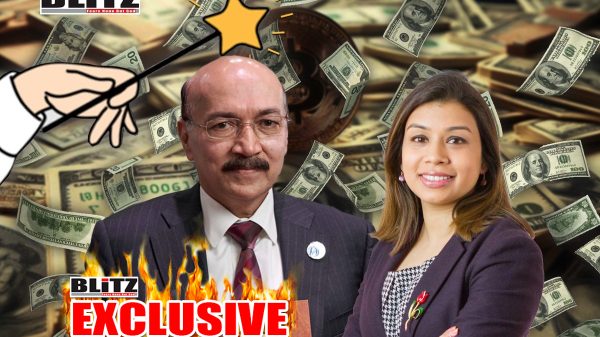
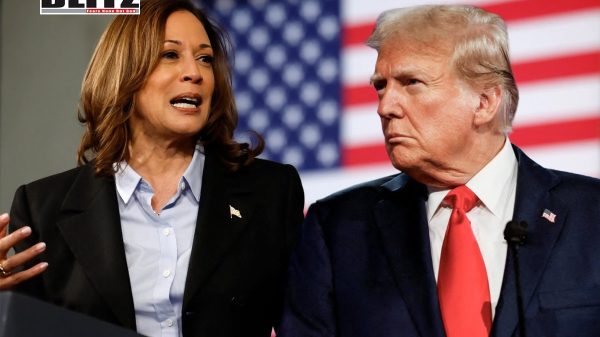
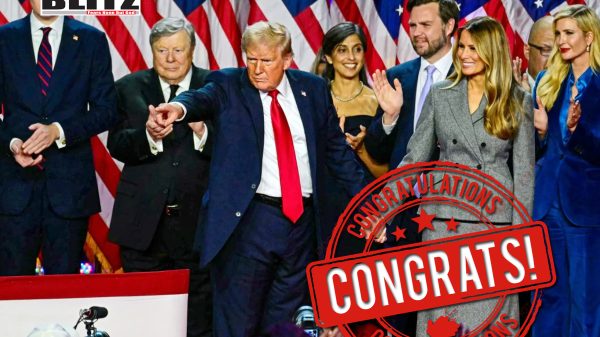
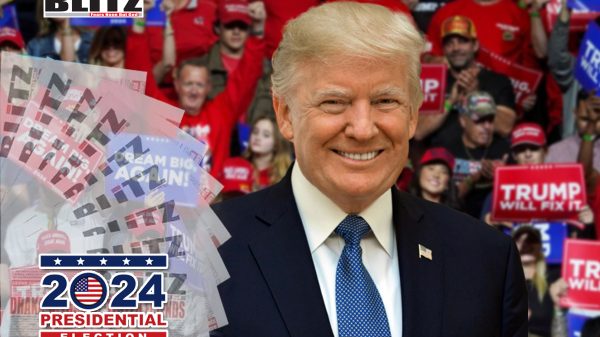
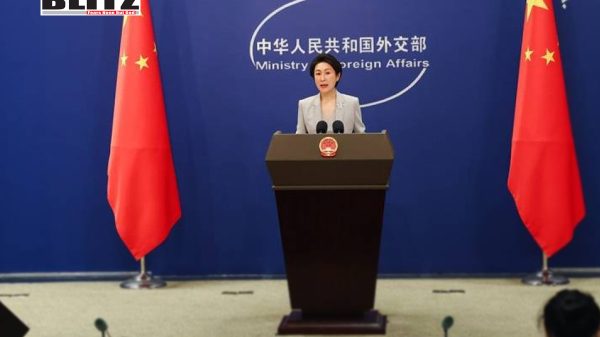
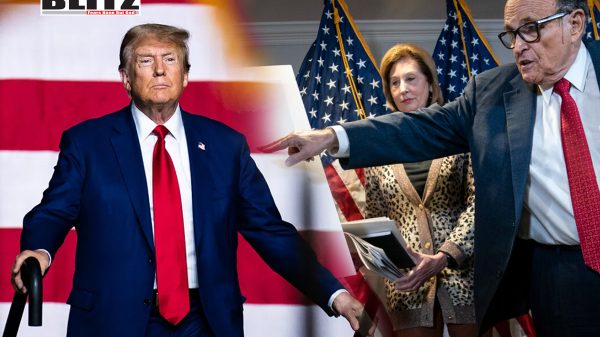
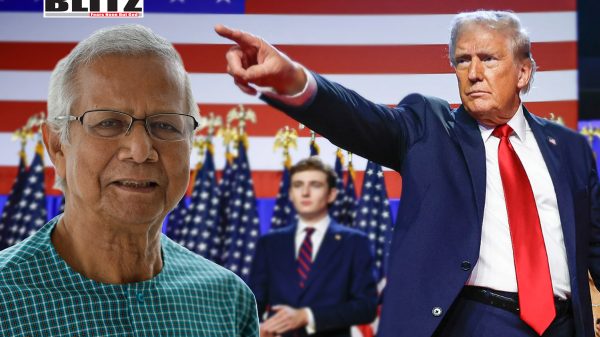


Leave a Reply